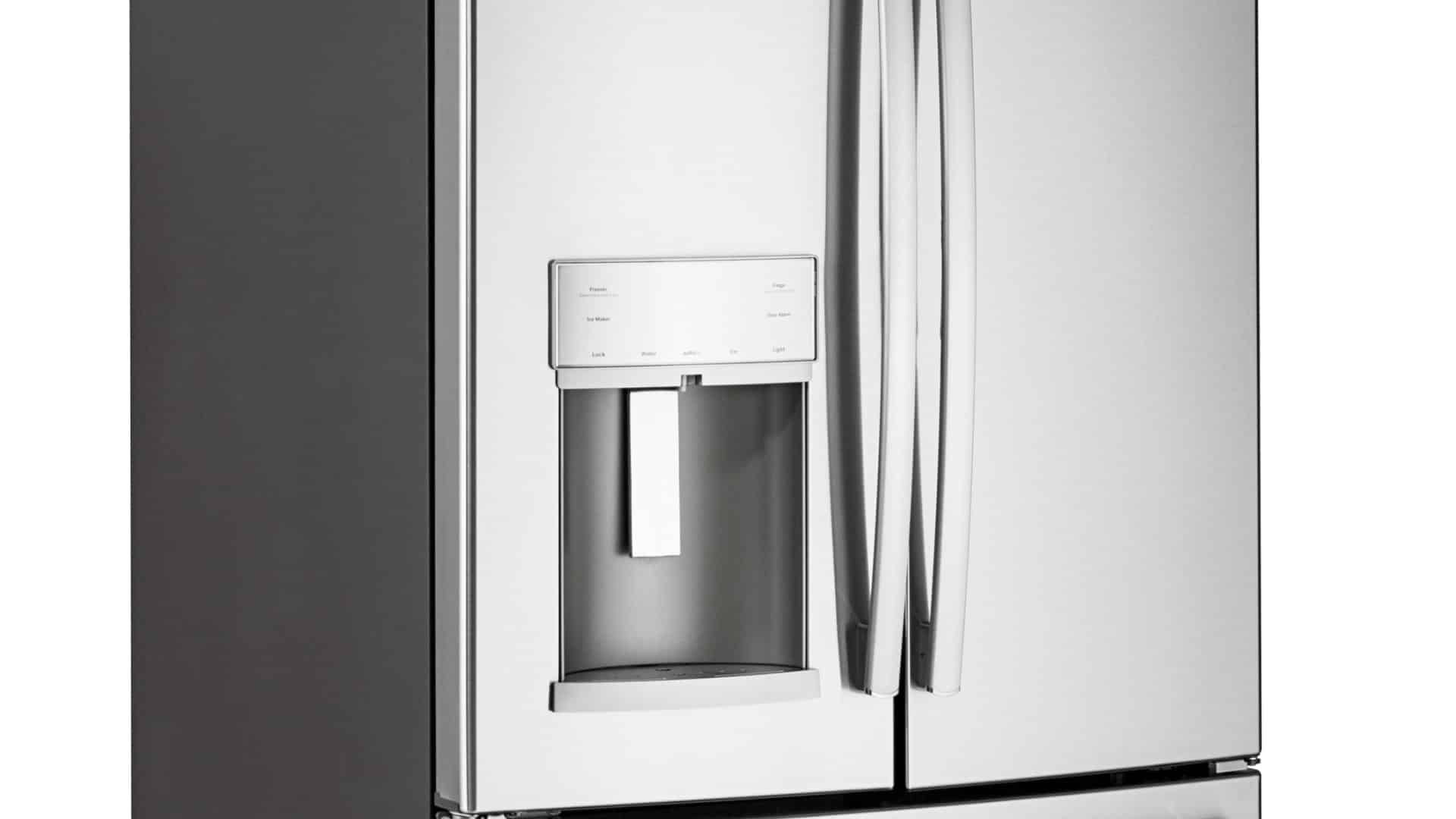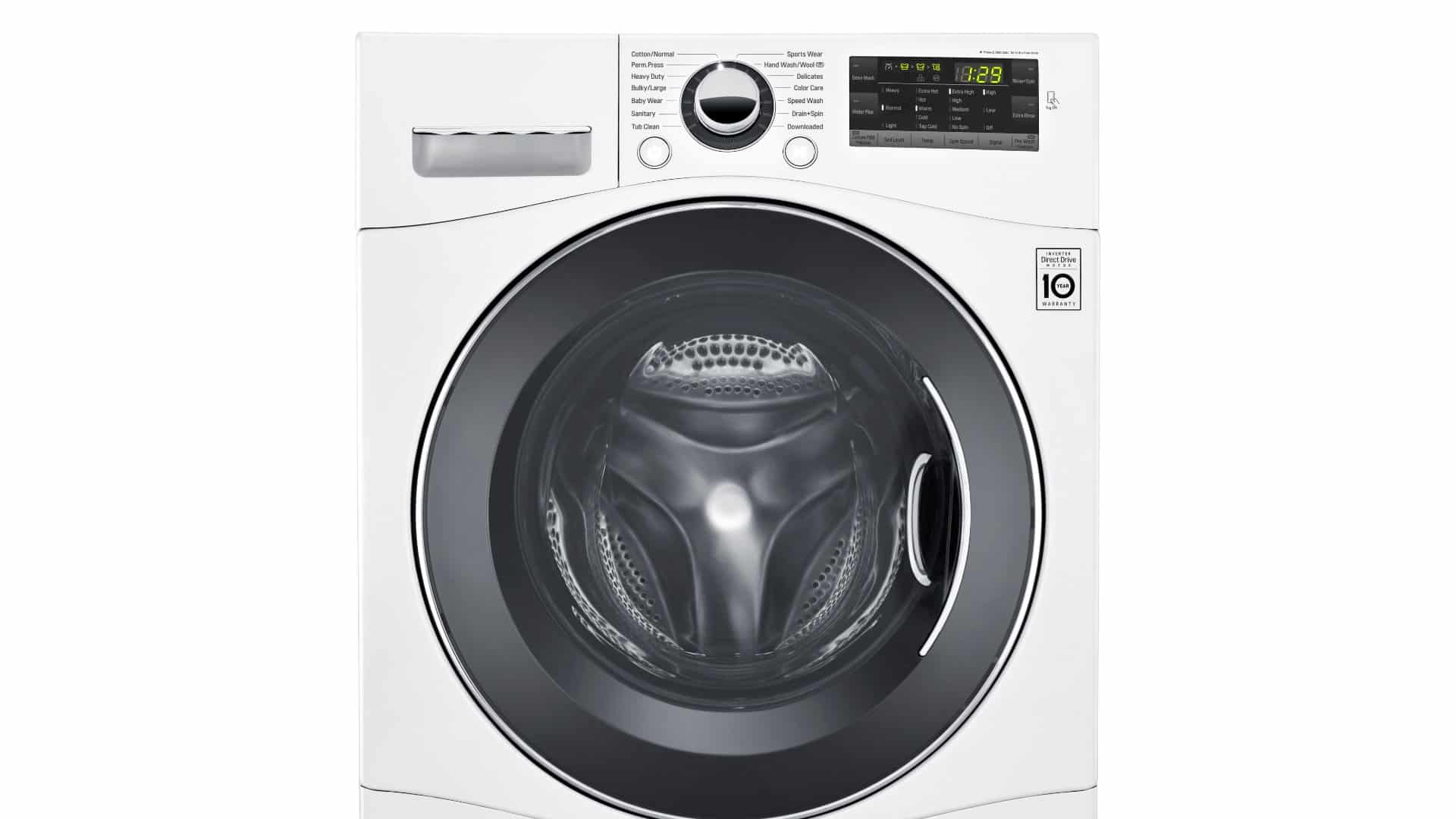
If you’re experiencing a noisy washing machine, it’s important to understand the problem before attempting to fix it. Identifying the source of the noise can help you determine the best course of action. There are several potential culprits that could be causing your washing machine to make noise, including unbalanced loads, worn out bearings, or a faulty pump.
Problems such as faulty pumps will require more extensive repairs, while unbalanced loads are an easy fix. Understanding the problem is the first step in fixing a noisy washing machine, so take the time to listen and diagnose the issue before attempting any repairs.
Causes of noisy washing machines and how to troubleshoot
If you find that your washing machine is making a lot of noise, there could be several reasons for it. To determine the cause, start by listening closely to the noise and trying to pinpoint where it’s coming from.
If the noise is a loud banging sound, it’s likely due to an unbalanced load. Another common cause of noise is a worn or damaged belt. If you hear a screeching sound when the machine is in operation, it could be a sign that the belt needs to be replaced. A faulty pump can also cause a lot of noise in your washing machine. If you hear a loud grinding sound, it could be a sign that the pump is damaged.
Troubleshooting these issues can be as simple as redistributing the load or tightening the belt, but it’s important to address the problem as soon as possible to prevent further damage. If you’re unsure about how to troubleshoot your washing machine, it’s always best to consult a professional for assistance. By taking care of your washing machine and addressing any issues promptly, you can keep it running smoothly and quietly for years to come.
Fixing a noisy washing machine
1. Redistributing the load
The most common cause of a noisy washing machine is an unbalanced load. This can happen when you overload the machine or when you have a single heavy item in the drum. Luckily, this is the easiest problem to solve. Simply redistribute or lighten the load by ensuring that the contents haven’t accumulated to one side, then try to run the washing machine again and check whether this has solved the problem.
2. Leveling the washing machine
A washing machine that is not level can cause excessive noise during operation. This, together with an unbalanced load, is a common cause of a noisy washing machine. Use a level to check the balance of the machine and adjust the feet accordingly.
Washing machines will often have feet on the bottom that can be twisted to different lengths; use this feature to level the machine so that it doesn’t move and create unwanted noise.
3. Check the drum bearings
Drum bearings are one of the most common culprits behind a noisy washing machine. If you hear a loud, rumbling noise during the spin cycle, it’s likely due to worn or damaged drum bearings. Checking and fixing them is relatively easy, but it does require some basic tools and a bit of know-how.
First, you’ll need to remove the top and back panels of your machine to access the drum. Once you’ve done this, you can check the bearings for signs of wear or damage. Look for cracks, rust, or any other signs of wear. If you find any, it’s time to replace the bearings.
To do this, you’ll need to remove the old bearings and replace them with new ones. This can be a bit tricky, so make sure you follow the manufacturer’s instructions carefully. Once you’ve replaced the bearings, reassemble the machine and test it out. If you’ve done everything correctly, the noise should be gone and your machine will run smoothly again.
4. Check the pump
Another common cause of a noisy washing machine is a faulty pump. If you suspect that this is the case, you’ll need to check and fix it. First, unplug the machine and locate the pump. It’s usually located at the bottom of the machine, near the drain hose.
Check for any loose connections or clogs in the pump or hoses. If everything looks okay, you’ll need to remove the pump to inspect it more closely. Be sure to have a bucket ready to catch any water that may spill out.
Once you have the pump out, check for any visible damage or wear and tear. If the pump is damaged, you’ll need to replace it. If it looks okay, you can try cleaning it out with a brush or toothbrush.
After you’ve cleaned the pump, put it back into place and turn on the machine to see if the noise has stopped. If not, you may need to call in a professional to further diagnose and fix the issue.
Taking care of your washing machine and enjoying a quiet home
Once you’ve fixed the noise issue with your washing machine, it’s important to take steps to prevent it from happening again. One of the most important things you can do is to balance your load properly. An unbalanced load can cause your machine to vibrate and make noise. Make sure you distribute your clothes evenly in the drum and never overload it.
Additionally, make sure to clean your machine regularly. A buildup of dirt and debris can cause your machine to make strange noises. Use a washing machine cleaner every couple of months to remove any buildup and keep your machine running smoothly.
Finally, if you notice any strange noises or vibrations, don’t ignore them. Addressing issues early on can prevent bigger problems down the road, saving you time and money on expensive repairs.
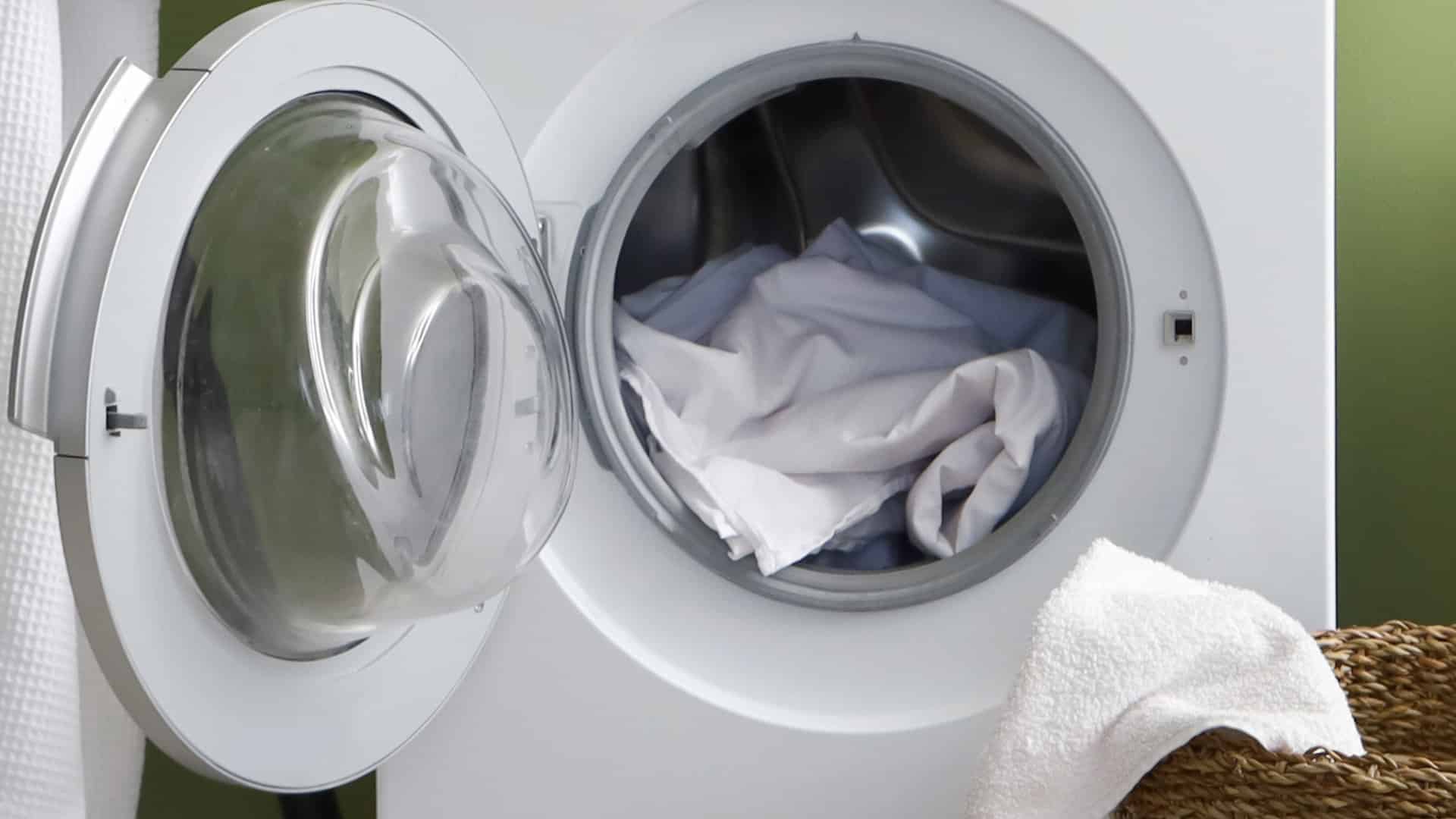
Whirlpool Washer Error Codes Explained
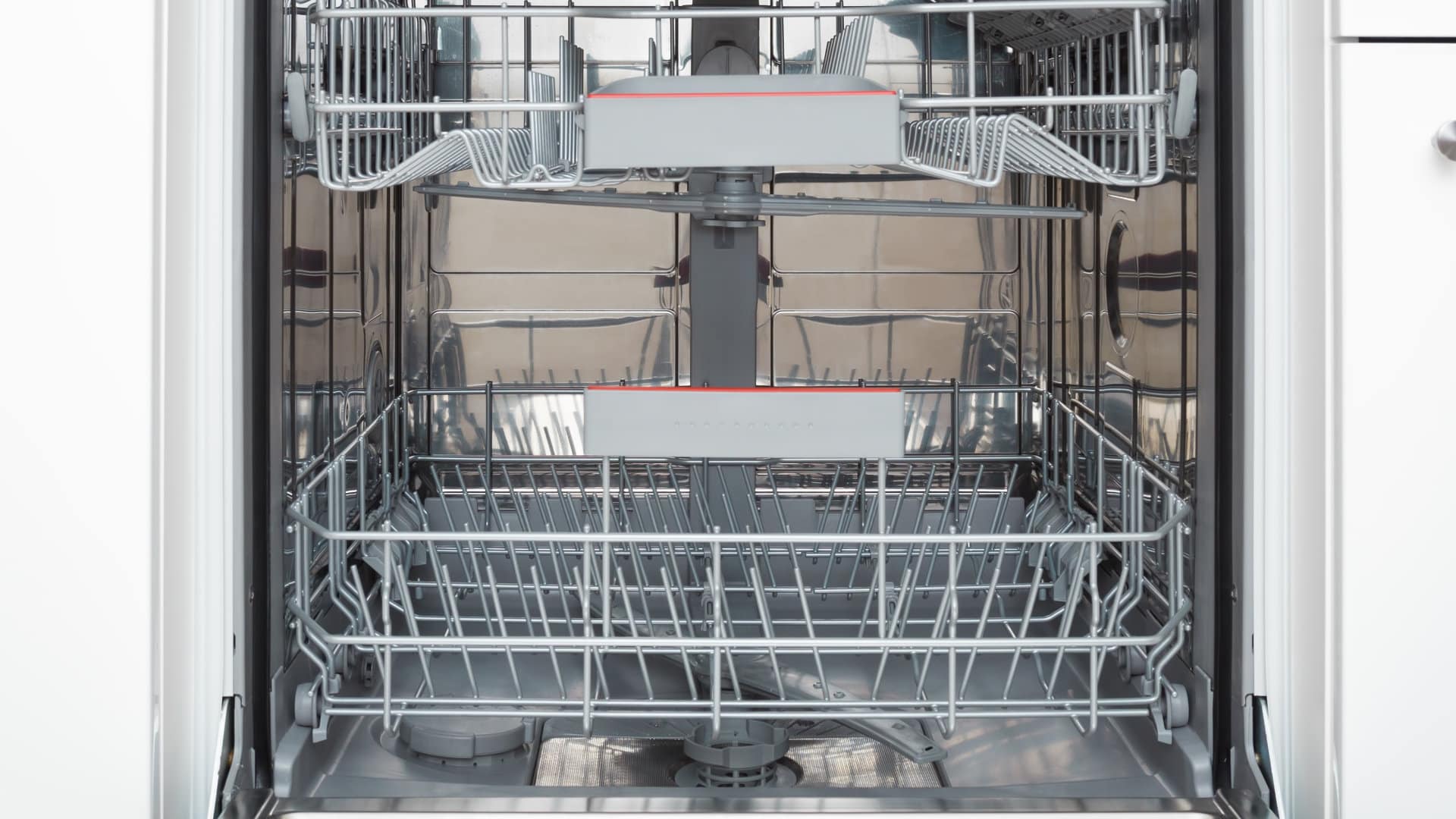
How to Wash a Hat in the Dishwasher (In 5 Steps)
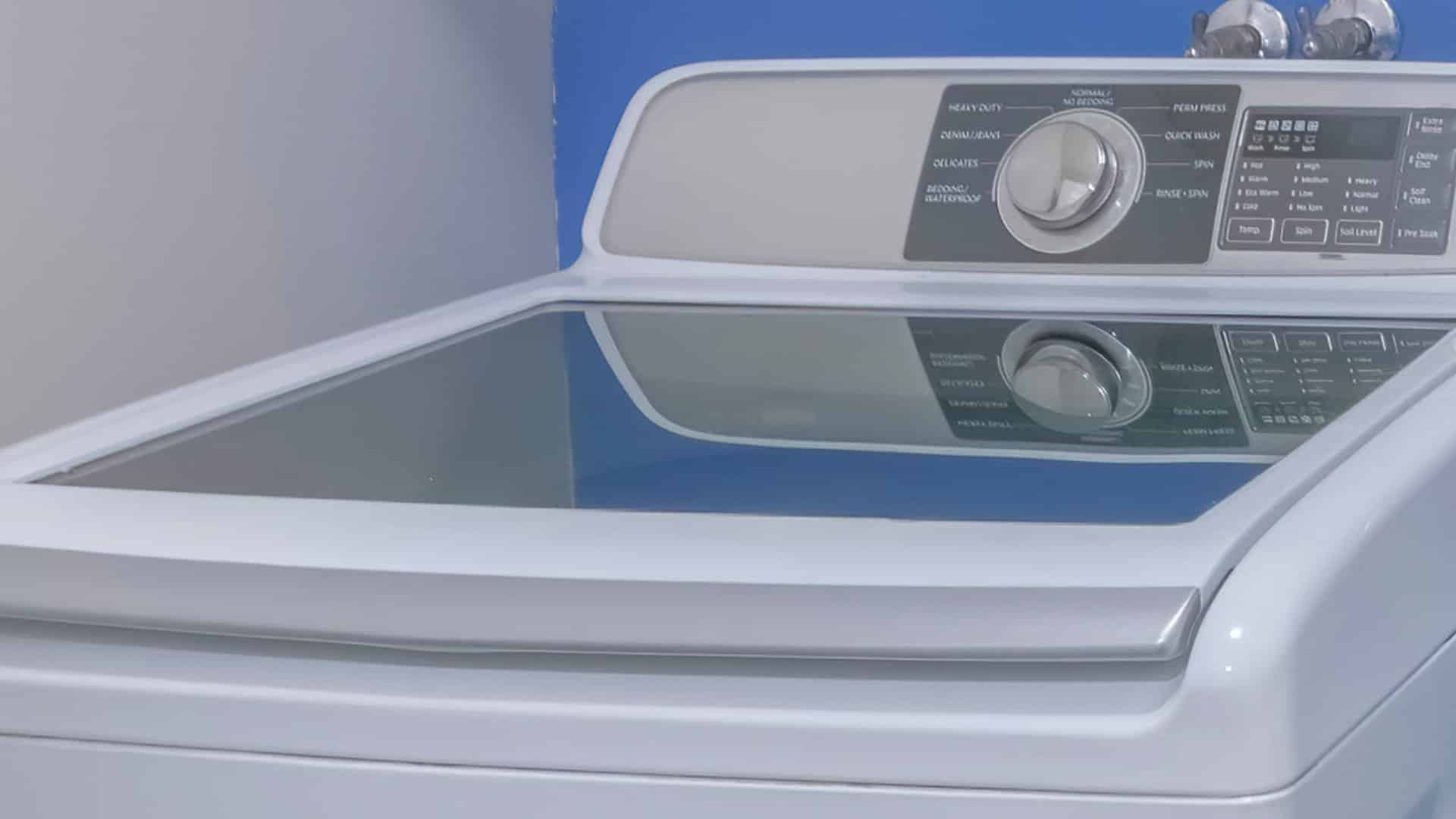
How to Fix the nF Error Code on a Samsung Washer
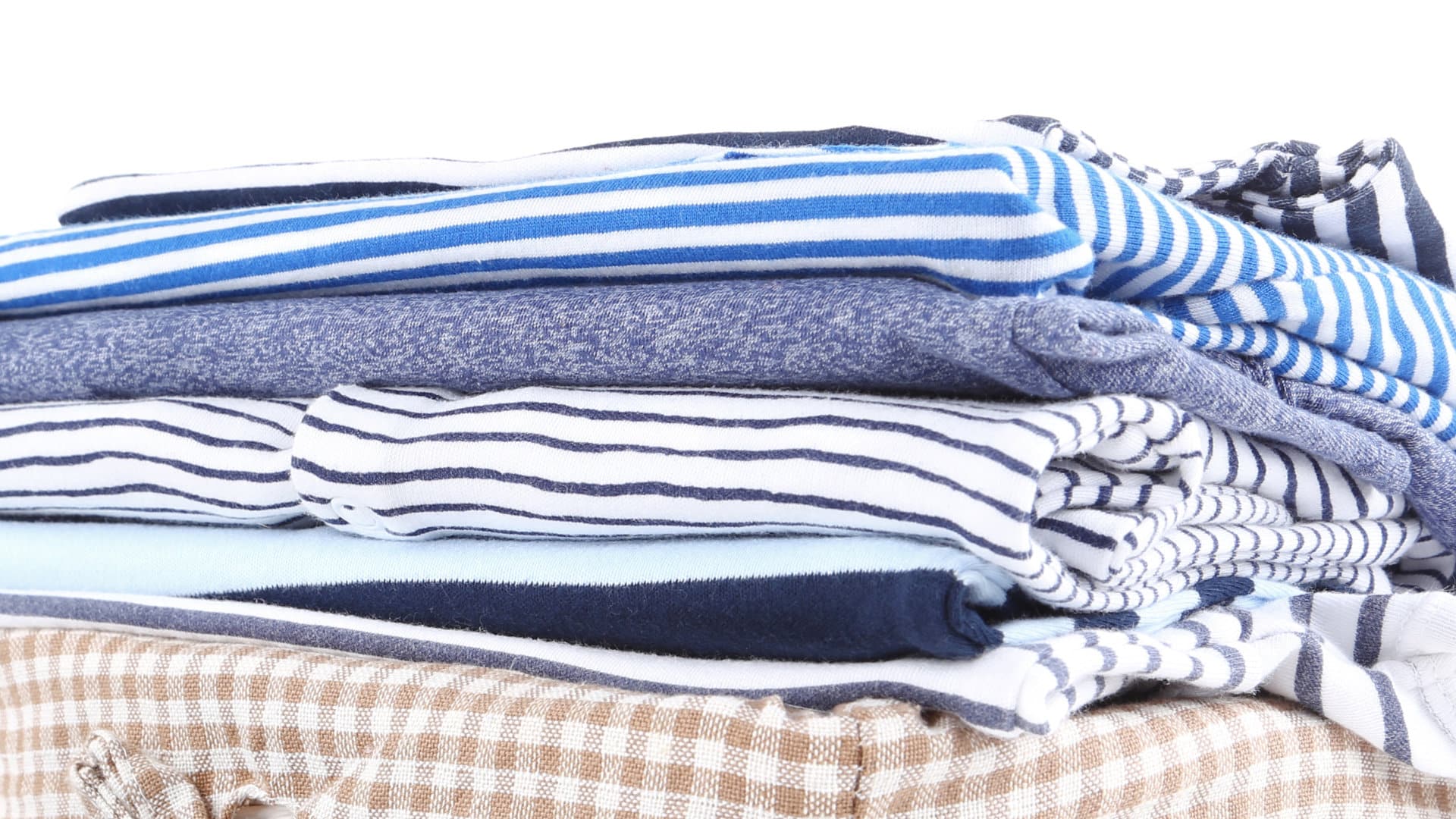
Kenmore Elite Dryer Issues: How To Troubleshoot
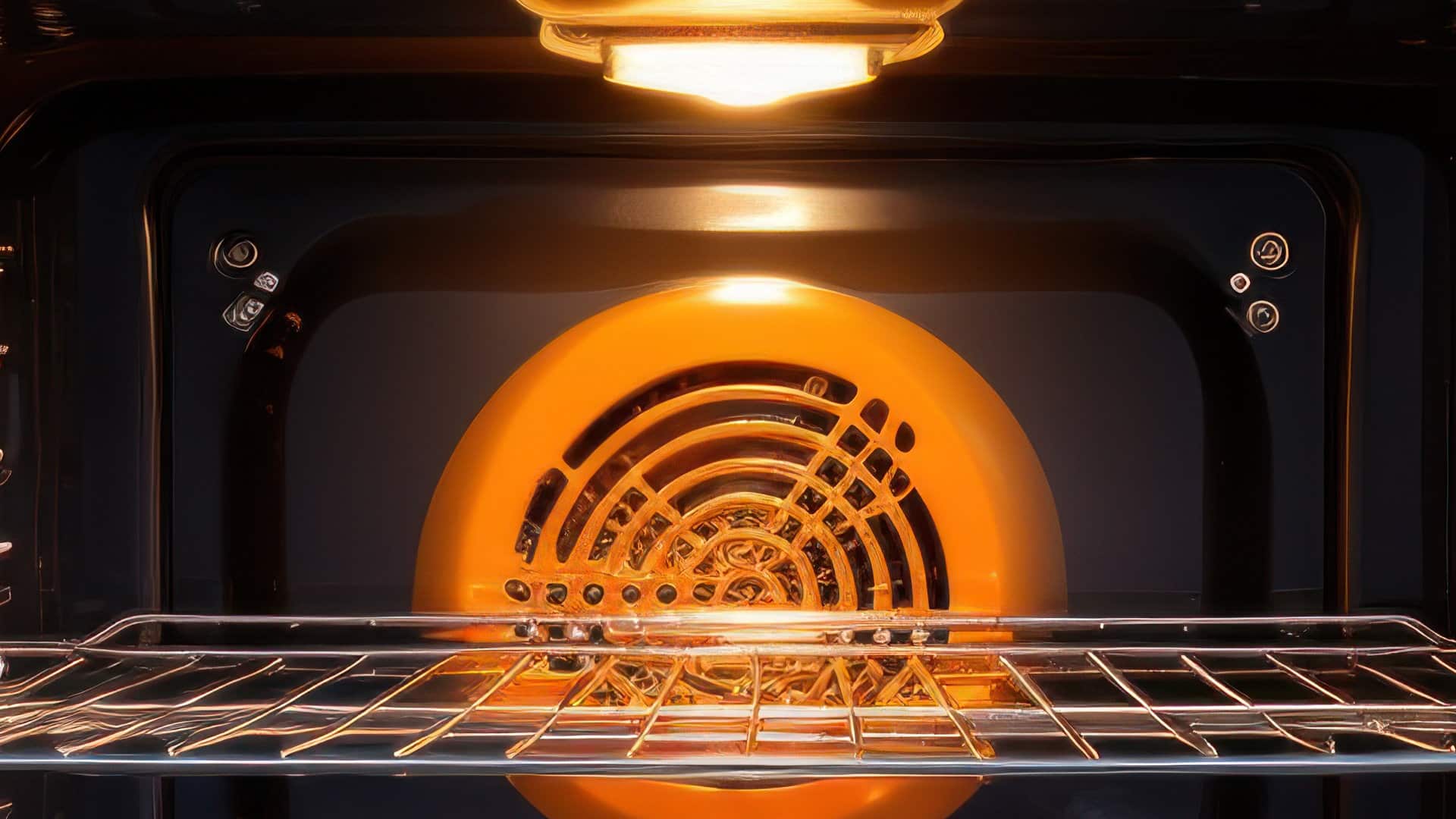
Microwave vs. Oven: Pros and Cons and How They Differ
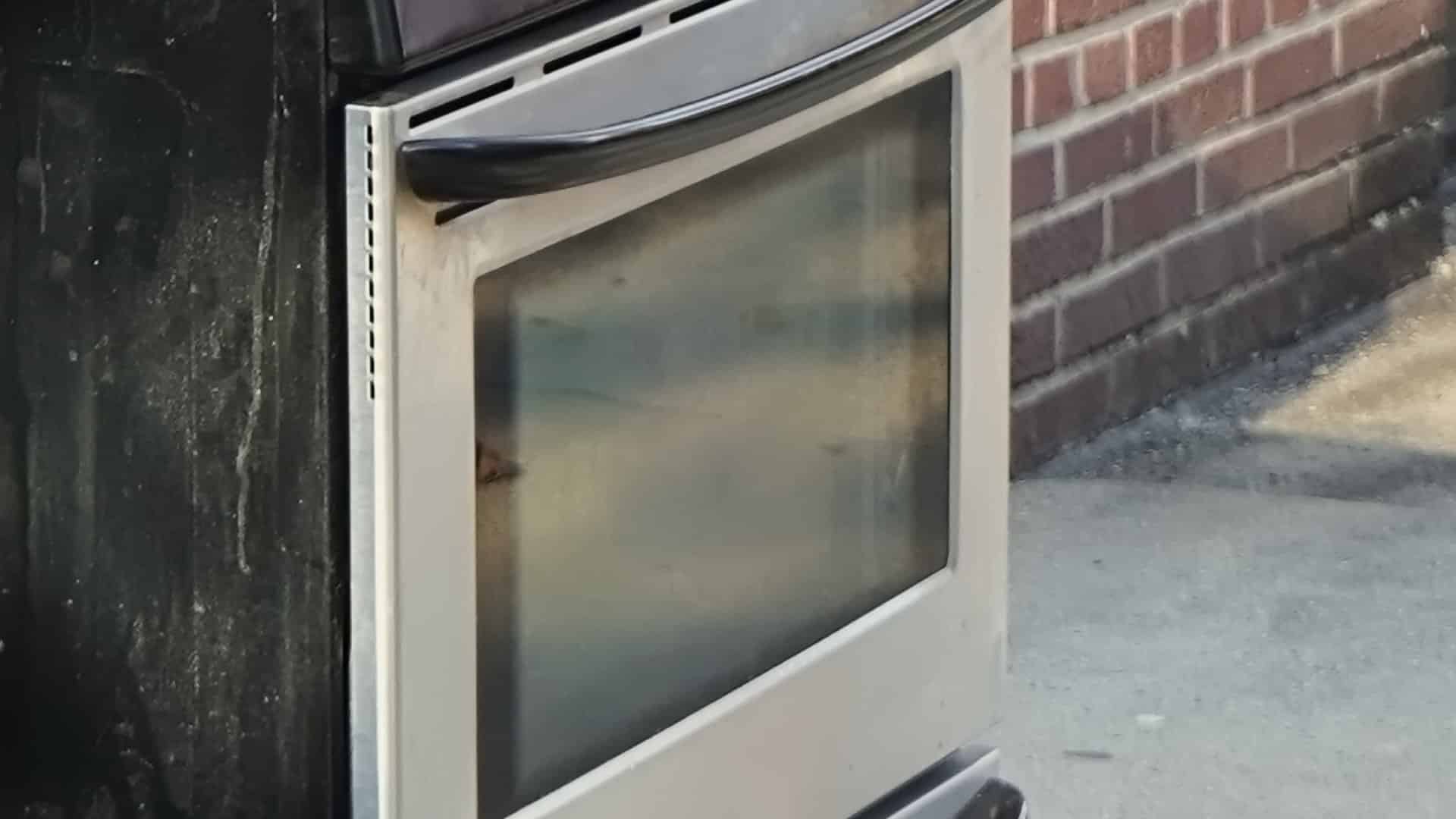
Self-Cleaning Oven Smell: Causes & Odor Reduction Tips

Frigidaire Ice Maker Not Working? 7 Ways to Fix It
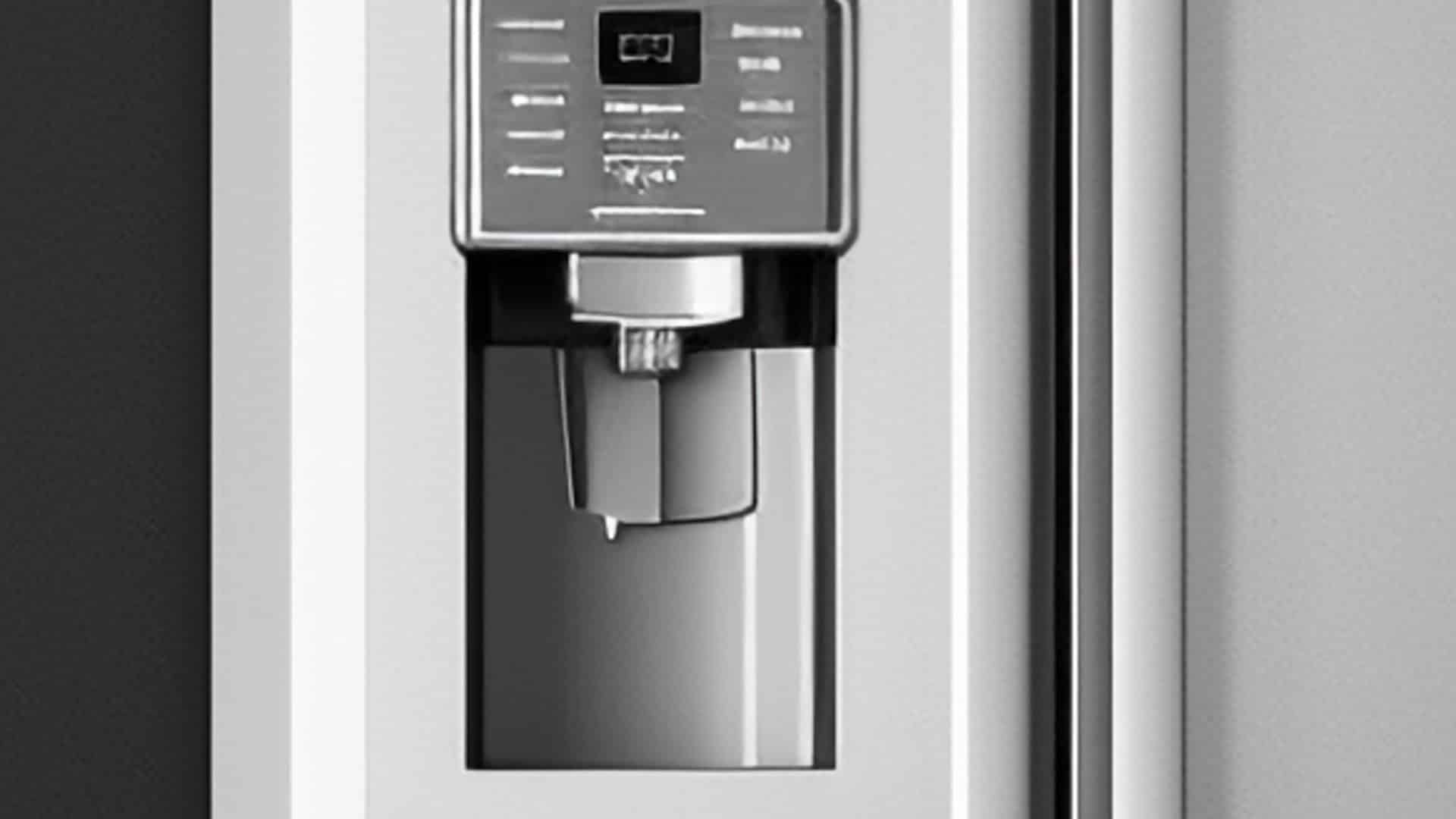
Why Is Your LG Refrigerator Not Cooling? (9 Common Reasons)
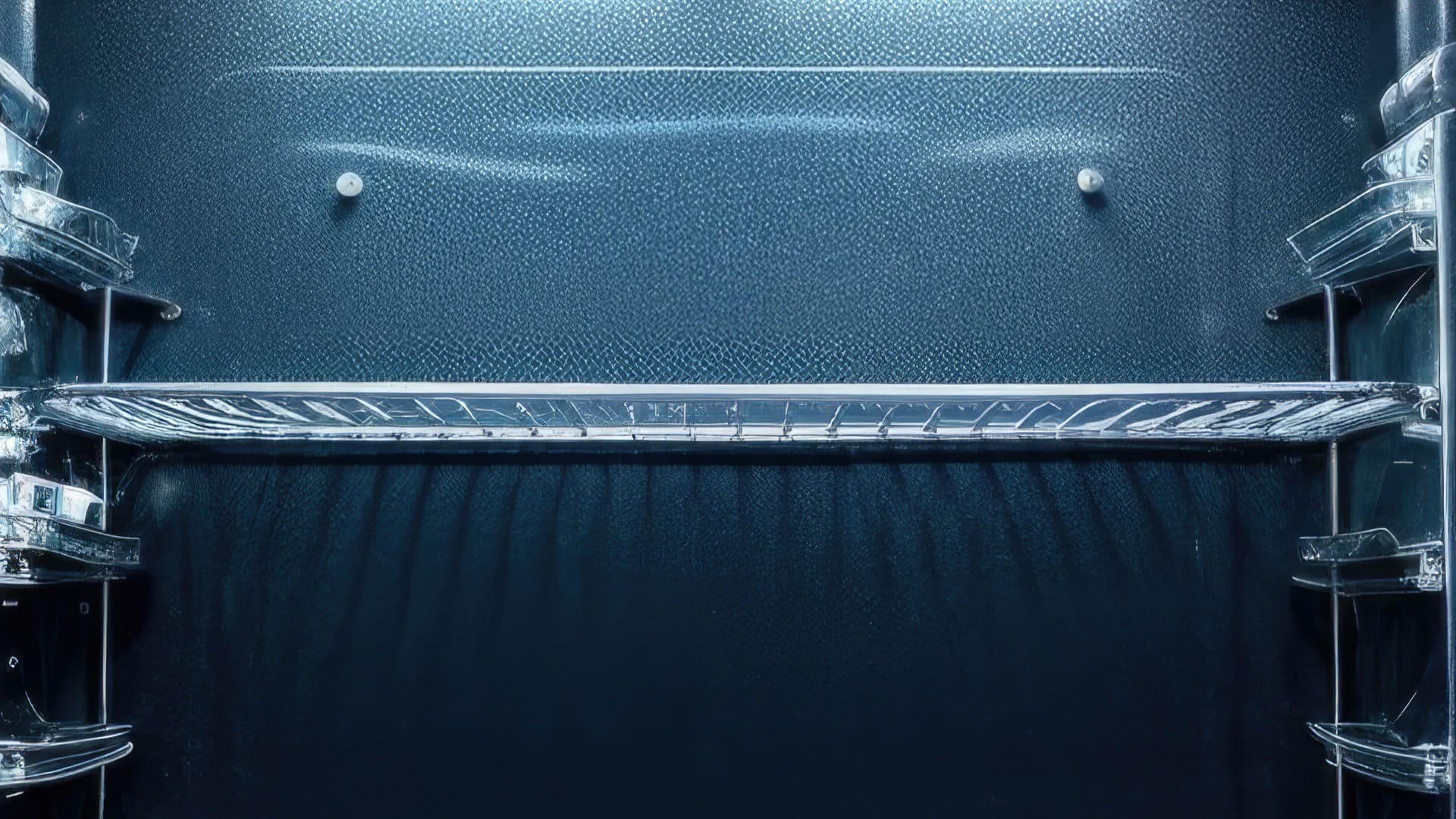
GE Oven F2 Error: Causes & Solutions
